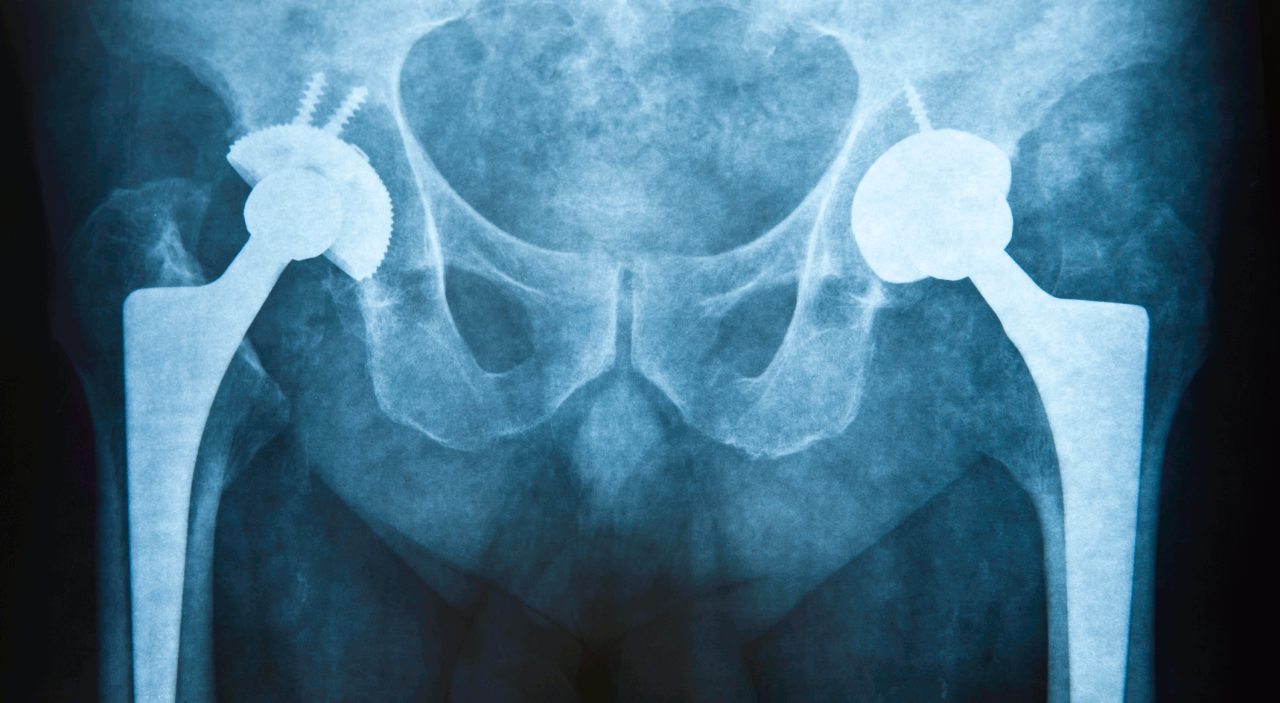How to Help Elders Recover from Surgery

Better preparation — sometimes called prehabilitation — can help your elder leave the hospital sooner and recover faster. Here's what you should know.
Recovering from surgery can be difficult at any age, but especially so in elders who are also frail. A new approach might be to prepare frail patients with targeted “prehab.”
After a successful pilot study, the Department of Veterans Affairs is putting prehab programs in place around the nation. Research in the area is still new, so it isn’t known for sure how much it helps. Early results demonstrate that the programs do not hurt, and patients who choose to participate have largely stuck with their programs.
The possible benefits include shorter hospital stays, fewer complications and readmissions, and even better survival rates.
YOU MIGHT ALSO LIKE: Exercise Can Reduce Falls and Fractures
Inspiring examples might help motivate your loved one. Supreme Court Justice Ruth Bader Ginsburg, who was born in 1933 and worked until the age of 87, famously recovered well from pancreatic and other surgeries. She attributed her ability to stay sharp over a long career to her tough workout routine.
Prehabilitation makes sense for anyone about to undergo surgery — unless you’re already working out and fit. Think of surgery as like a marathon, two anesthesiologists argue: “As operating room physicians, we observe that major elective surgery similarly stresses the body as running a long-distance race. We wonder why patients don’t train for their surgeries with the same diligence.”
Just like training for a marathon could help you avoid pulling a leg muscle, prehabilitation might reduce the chances of surgical complications. For example, in a small Michigan study of patients undergoing a colectomy — major abdominal surgery — who were not elderly or frail, researchers compared the results among three groups: 40 patients who enrolled in a prehabilitation program, 76 who didn’t, and 40 who had an emergency procedure.
About 30 percent of the people who prepared had complications, compared to 38 percent who opted out and 48 percent who had an emergency.
In general, patients who experience complications within 30 days of surgery have lower survival rates. But even without complications, people ordinarily run into a 20 to 40 percent drop in their functioning. Many surgeons now recommend an exercise program immediately after surgery called, enhanced recovery after surgery protocol. One approach would be to request that patients achieve the level of fitness it requires before their surgery date.
Older people preparing for surgery may need at least 150 minutes of moderate exercise a week, the recommendation for all Americans. For people who are frail, it is best to stick to 10-minute sessions. That means they’ll need two sessions a day, and one day with three.
But many seniors might not be getting even that much exercise.
In a prehabilitation program, they would aim for that target with structured exercise. Even small amounts of exercise can bring big benefits in the least fit patients. Ideally, your program will include muscle building exercises.
To address the chance of malnutrition, patients might receive supplements between five and 14 days before surgery. One meta-analysis found that nutritional prehabilitation alone, or combined with an exercise program, cut hospital stays by two days in patients undergoing colorectal surgery.
In the Michigan program, patients received help in four areas: physical activity, pulmonary rehabilitation, nutritional optimization, and stress reduction.
Few people couldn’t improve their nutrition, breathing patterns, and ways of managing stress. But surgery is often what’s known as a teachable moment — when patients are motivated and open to changing their habits.
Ideally, if your frail elder does well in a prehab program, he or she will become attached to the new routine and stay with it long-term.
Updated:
August 14, 2023
Reviewed By:
Janet O’Dell, RN